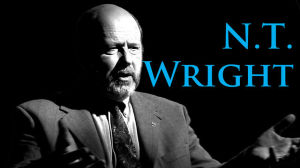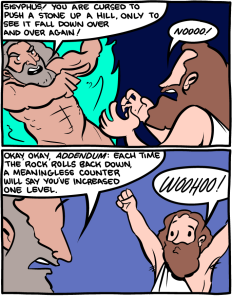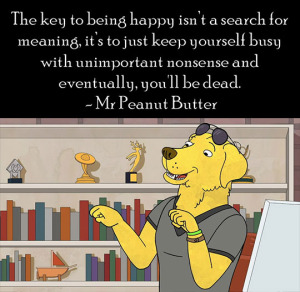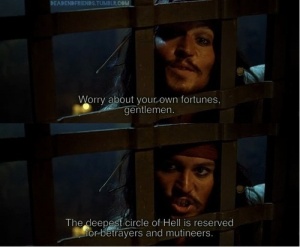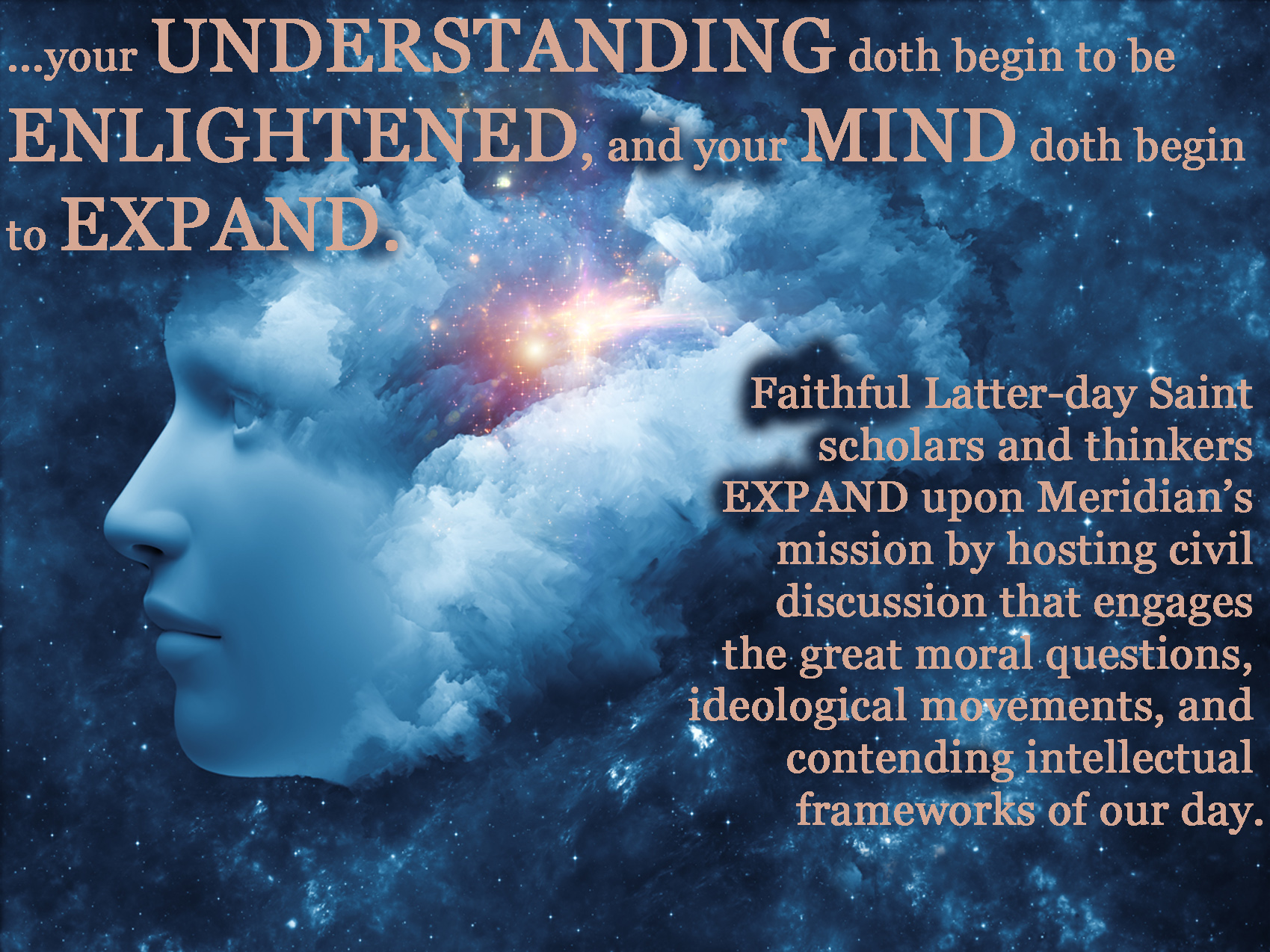Merry Christmas everyone! Tis the season for comparisons of Christianity to paganism. I’ve made it a regular ritual to watch Lutheran Satire on the matter:
For years I had accepted that Christianity had probably at least borrowed the date of Christmas from pagans. Turns out that’s not even true. Christians used some interesting math to determine Christ’s birthday, but it had nothing to do with paganism:
If the birth of Jesus was not celebrated by the early church, it also was because there was not a consensus as to when it had occurred. Writing shortly after the assassination of Commodus on December 31, AD 192, Clement of Alexandria provides the earliest documented dates for the Nativity. One hundred ninety-four years, one month, and thirteen days, he says, had elapsed since then, which corresponds to a birth date of November 18 or, if the forty-nine intercalary days missing from the Alexandrian calendar are added, January 6. Moreover, “There are those who have determined not only the year of our Lord’s birth, but also the day” (Stromata, I.21), including dates in April and May, as well as another day in January.
Hippolytus, a younger contemporary of Clement, does state that the Nativity had occurred on December 25 (Commentary on Daniel, IV.23.3). Although the statement may be a later interpolation, he reiterated several decades later (in AD 235) that Jesus was born nine months after the anniversary of the creation of the world, which Hippolytus believed to have been on March 25 (Chronicon, 686ff). The Nativity then would be on December 25.
In about AD 221, Julius Africanus wrote the Chronographiae, the first Christian chronology. Although he does not specifically mention the Nativity, he did believe that Jesus had been conceived on March 25. In AD 243, Cyprian is the first Christian writer to associate the birth of Jesus with the Sun: “O! The splendid and divine Providence of the Lord, that on that day, even at the very day, on which the Sun was made [March 28], Christ should be born” (De Pascha Computus, XIX). Creation itself was on March 25, the vernal equinox, and the Sun created on the fourth day, March 28. It followed, then, that the “Sun of righteousness,” in Malachi’s phrase, would be born on the same day.
And pagans might have even revived their winter solstice celebrations in response to Christianity:
Hijmans presents a critical re-evaluation of the History of Religions hypothesis and the notion that the early church incorporated the feast of Sol Invictus into its own liturgy, positing instead that the pagan festival was “‘rediscovered’ by pagan authorities in response to the appropriation of the winter solstice by Christianity.” The festival of Sol Invictus, in other words, may not have been identified with December 25 until after the first Christmas had been celebrated on that day. Nor, he argues, should the cosmic symbolism attached to the winter solstice, which may have led the church to adopt December 25 for its feast of the Nativity, be confused with a cult of Sol on that date.
The winter solstice, when the light of day finally begins to lengthen, would have a natural association with the “Sun of righteousness.” Indeed, Tertullian writes that “It is therefore due to a want of heed and reflection that many are offended by the mere fact that heresies have so much power. How much would they have if they did not exist?” (On the Prescription of Heretics, I). Here, the paradox is that the absence of heresy would confound the predictions of Scripture, as when one is admonished to “beware of false prophets” (Matthew 7:15).
Some pagan influences would creep in later (such as Yule), but by that time the Christian foundations of Christmas were well set, and pagan elements were a peripheral cultural attachment, not a fundamental aspect of the celebration.
